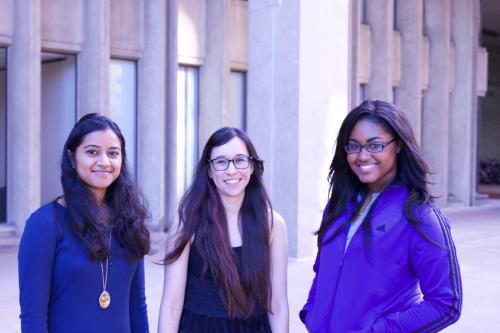This two-semester, 30-credit degree program includes two foundations courses required of all candidates for the Master of the Arts degree (MA) in bioethics and medical humanities. In addition, the MSC program includes a foundation course within the track, and students earn credit for two clinical rotations. Finally, they take three electives: one in the humanities, one in social sciences and one of their choosing from a list of eligible offerings across the university. Students must also enroll in 3 additional credits, either in the form of one 3 credit course in Semester 1 or Semester 2, or in the form of 1.5 credits of electives during both semesters.
The program is outlined below.
Semester 1 (Fall)
| Credit Hours | Course |
|---|---|
| 6 | Foundations in Bioethics I |
| 3 |
Foundations in Medicine, Society and Culture |
| 1.5 | Clinical Rotations* |
| 3 | Elective 1+ |
| 1.5 | Seminar in Medicine, Society and Culture |
Semester 2 (Spring)
| Credit Hours | Course |
|---|---|
| 6 | Foundations in Bioethics II |
| 1.5 | Clinical Rotations* |
| 3 | Elective 2+ |
| 3 | Elective 3+ |
| 1.5 | Capstone Project |
TOTAL CREDIT HOURS: 30 hours
Course Descriptions
Foundations in Bioethics I and II
These seminar-style courses give students grounding in the fundamental theories, principles and application of bioethics. Faculty from across the department teach units of these courses, which explore how bioethics intersects with such subjects as:
- Religion and spirituality;
- Reproductive choice;
- Genetics;
- Justice;
- Health disparities;
- Death and dying;
- Public health;
- Stem cells; and
- Research.
Foundations in Medicine, Society and Culture
Also seminar style, this course asks students to engage complex and wide-ranging questions involving illness and well-being. They will learn core concepts of theory, content, methodology and epistemology within a rich interdisciplinary framework. Topics will include:
- Concepts of health;
- Medical history;
- Illness narratives and narrative ethics;
- Social determinants of health and health inequalities;
- Analysis of representations of illness and medicine in literature and the arts; and
- Medical rhetoric.
Electives
Students will consult with their advisers to select electives that meet their distributional requirements. Some classes are not offered each semester, so the list of eligible courses is likely to vary. Potential electives could include:
- Social Work with Death, Grief and Loss;
- Research Ethics and Regulation; or
- Health Care and Human Rights.
Students also will be expected to participate in the program’s monthly reading group.


